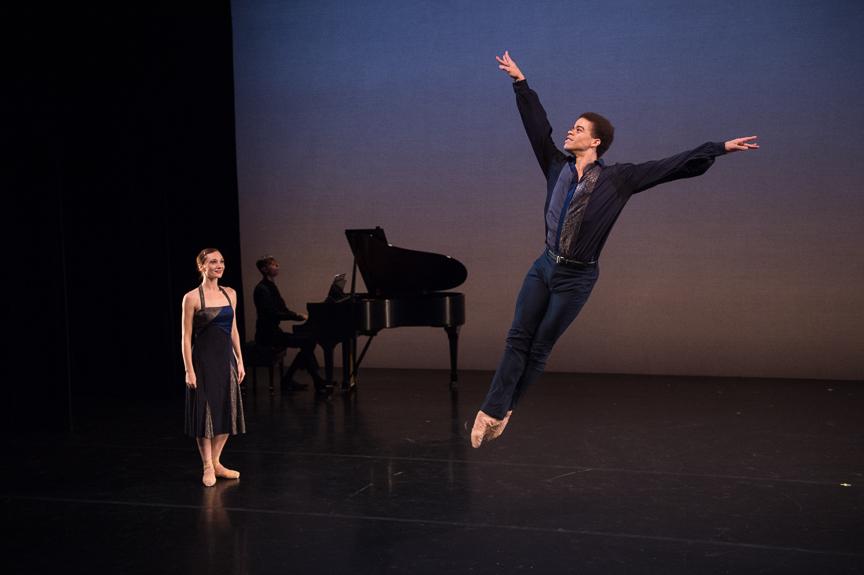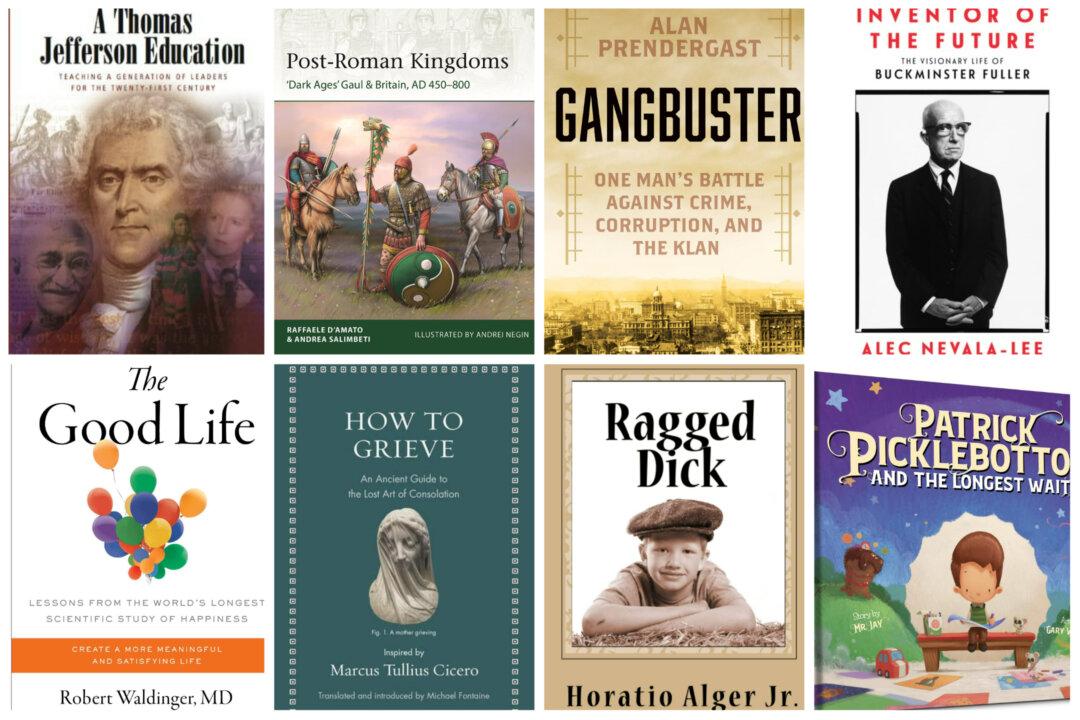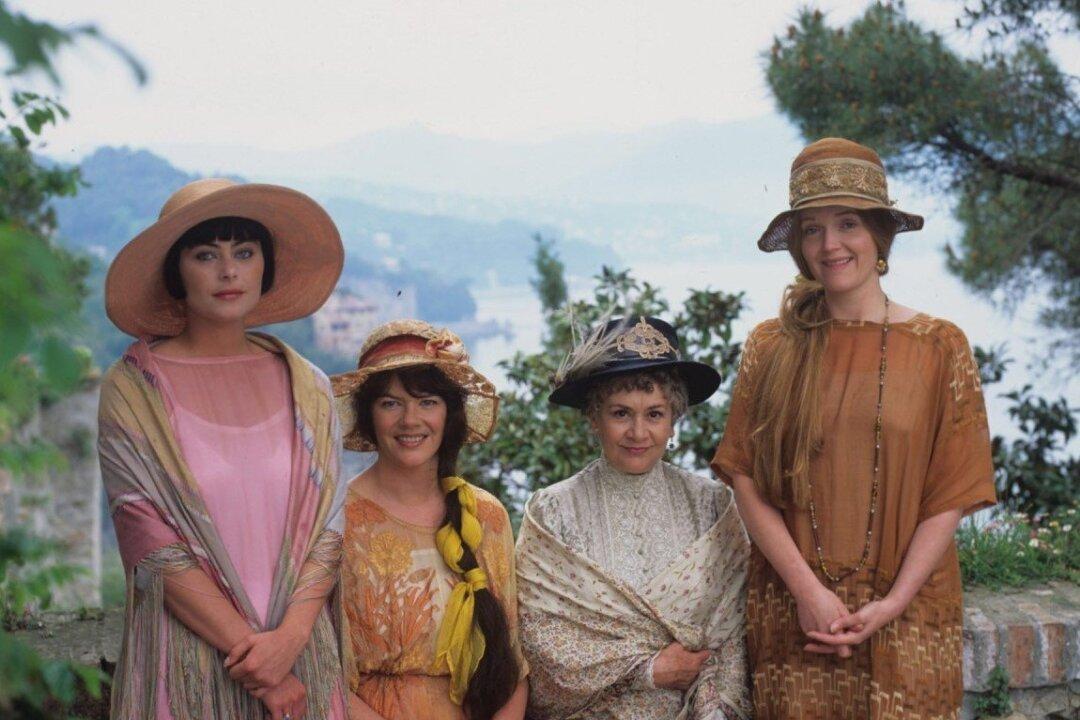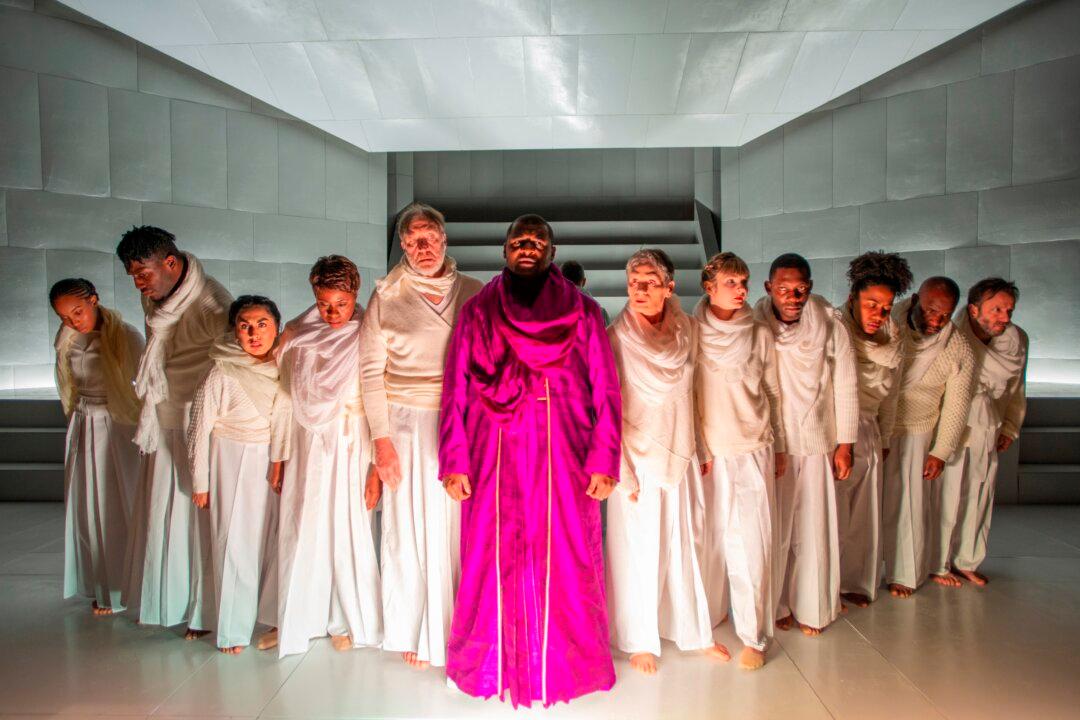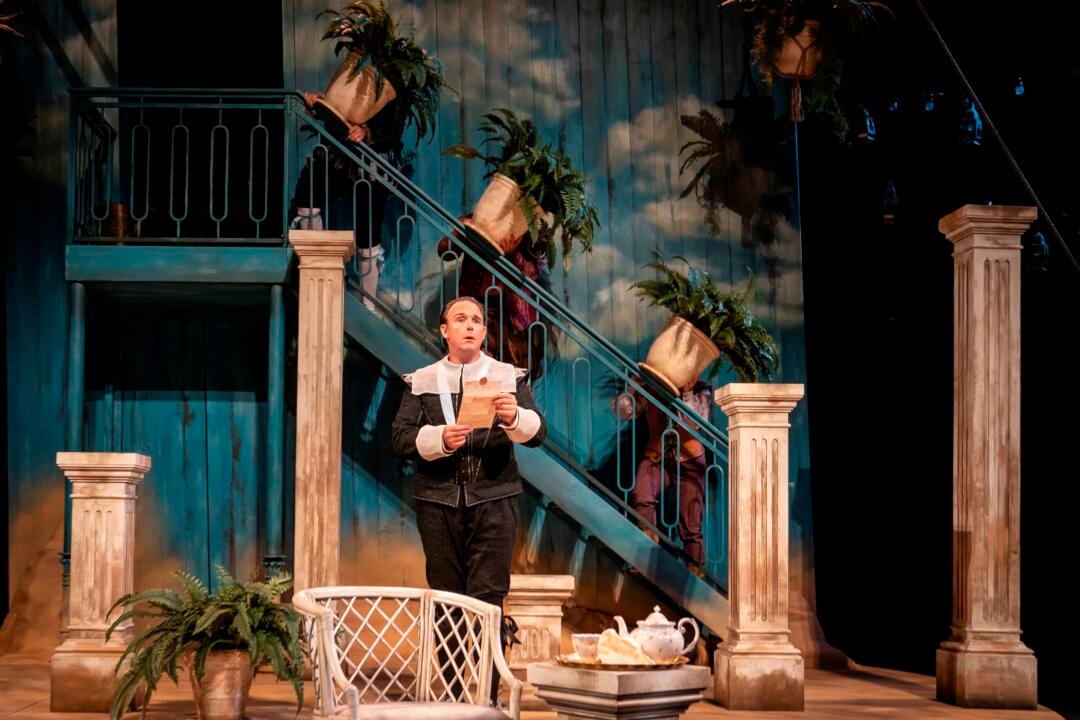Two classical forms are Michael Scales’s mainstay: classical music and ballet. As pianist and music director for the New York Theatre Ballet, he believes classics are important because they share human experiences across time, and make them come alive.
Shostakovich's compositions show what it was like to live in Soviet Russia under that suppressive regime.

